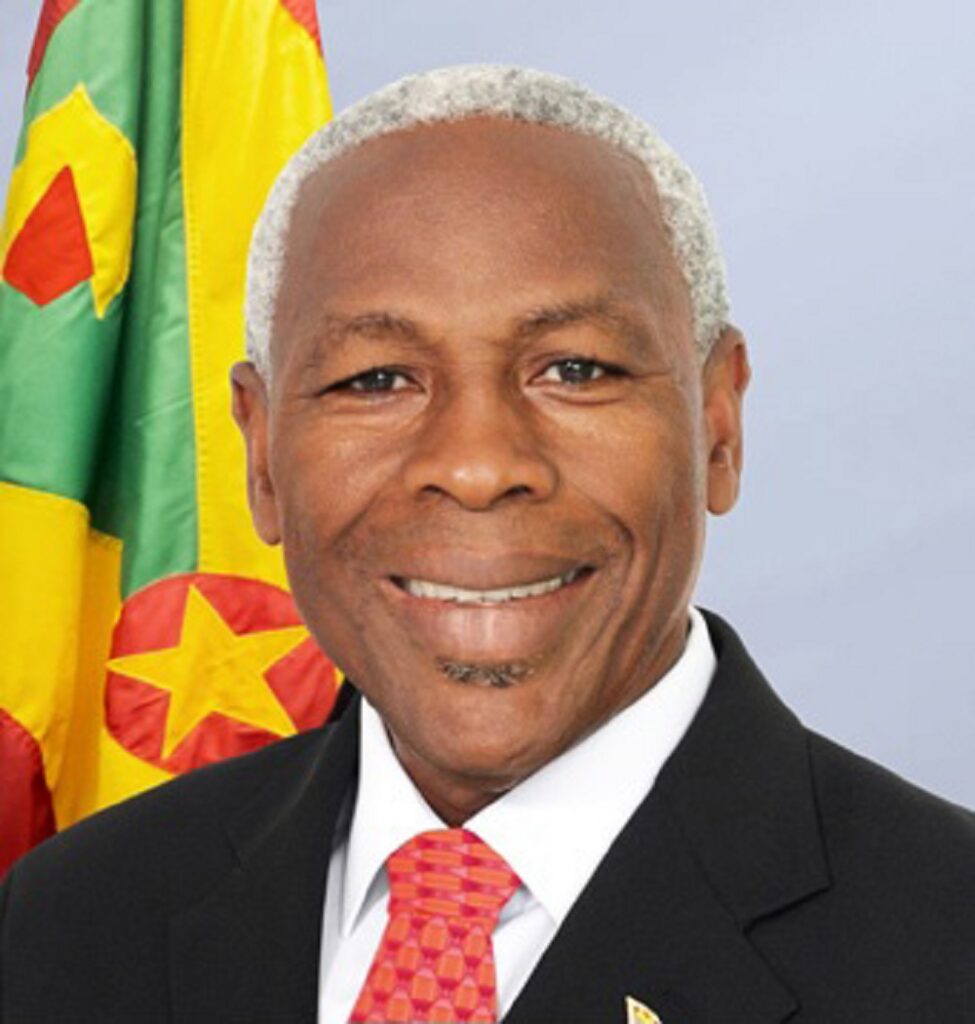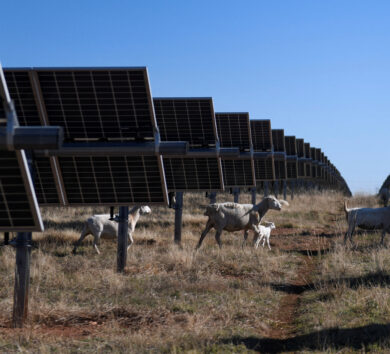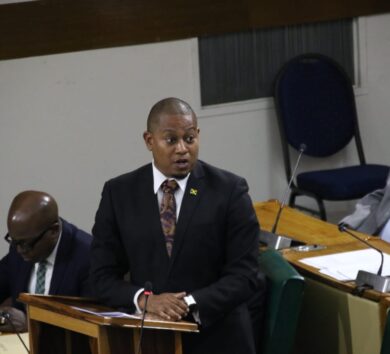Fall-off under-pinned by reductions in key sectors such as tourism, wholesale and retail trade, and transport

Consistent with global economic trends due to the impact of the coronavirus, Grenada is projected to suffer an economic decline in the order of 12.2 per cent this year.
This fall-off in the economy is underpinned by notable declines in key sectors such as tourism, wholesale and retail trade, and transport. According to data presented by the Ministry of Finance, Economic Development, Physical Development, Public Utilities and Energy, “activity in the manufacturing sector and the agricultural sector are is expected to fall relative to last year due to the effects of COVID-19.”
Average inflation, as measured by the Consumer Price Index, was negative for the first six months of 2020 at -0.6 per cent, reflective of falling global oil prices. Preliminary data collected from the quarter two Labour Force Survey indicate increased unemployment at a rate of 28.4 per cent compared to 15.7 per cent in the second quarter of 2019.
The Finance, Economic Development, Physical Development, Public Utilities and Energy Ministry reports that “public finances have deteriorated in 2020, with the primary and overall surpluses estimated at 2.9 per cent of gross domestic product (GDP) and 0.9 of GDP respectively, compared to 6.8 per cent of GDP and 4.6 per cent of GDP correspondingly in 2019. Public debt is expected to increase to 68.6 per cent of GDP by year-end from 57.7 per cent at the end of 2019.”
CARIBBEAN REGION AMONG HARDEST HIT BY GLOBAL PANDEMIC
Gregory Bowen, minister of finance, economic development, physical development, public utilities and energy, in his budget speech last week pointed out that the economic decline being experienced by Grenada, mainly as a result of the global pandemic, is no different from what is happening in the rest of the Caribbean region, of which Grenada is apart. He highlighted that “except for Guyana, the rest of the region will see economic declines ranging from four per cent to 20 per cent this year”.

Bowen told the Grenadian parliament that the impact on the eight-member Eastern Caribbean Currency Union (ECCU) is particularly acute, given the small sizes of their economies, heavy dependence on tourism, limited resources, and inextricable link to the global economy.
Pointing out that Grenada’s economy expanded at a brisk pace in the past seven years, with economic growth averaging 4.4 per cent in real terms over the period 2013-2019, Bowen pulled out recent data showing that for the first half of 2020 declines were recorded in all sectors of the economy. The hardest hit sectors were tourism and private tertiary education sectors.
As a result, an overall double-digit contraction of 12.2 per cent is estimated for 2020 in contrast to the 3.2 per cent positive growth projected at the start of the year.
GRENADA’S FISCAL POSITION
Turning to Grenada’s fiscal position, Bowen declared that, “Grenada’s solid fiscal position weakened considerably in the first half of 2020 as revenues declined sharply and expenditure needs grew to cushion the economic blow dealt by COVID-19”.
He argued that the combined effect of all these negative effects is “exerting a serious strain on Government’s finances”.
The finance minister listed the current budgetary expectations as against the original projections for the end of 2020.
- Current revenues of EC$654.2 million compared to a target of EC$786.2 million, a shortfall of EC$132 million.
- Grants of EC$114.6 million compared to a target of EC$218.6 million, a shortfall of EC$104 million.
- Taken together, current revenues and grants underperformed by EC$236 million as a direct consequence of the pandemic.
- Current expenditure of EC$620.1 million compared to a budget of EC$633.7 million.
- Capital spending of EC$122.1 million compared to a budget of EC$196.4 million.
- A primary surplus of EC $82.2 million compared to a target of EC$246.2 million
- An overall surplus of EC$26.6 million compared to a target of $170.6 million
Bowen said the negative impact on the government’s fiscal position can be acutely seen when compared to the past four to five years, where the overall surplus of EC$26.6 million or 0.9 per cent of GDP pales in comparison with overall surpluses generated during the period 2014 – 2019, which averaged 3.8 per cent of GDP.
Also, the estimated primary surplus of EC$82.2 million, or 2.9 per cent of GDP, is significantly smaller than those recorded in the past five consecutive years, which averaged 5.3 per cent of GDP.







Comments